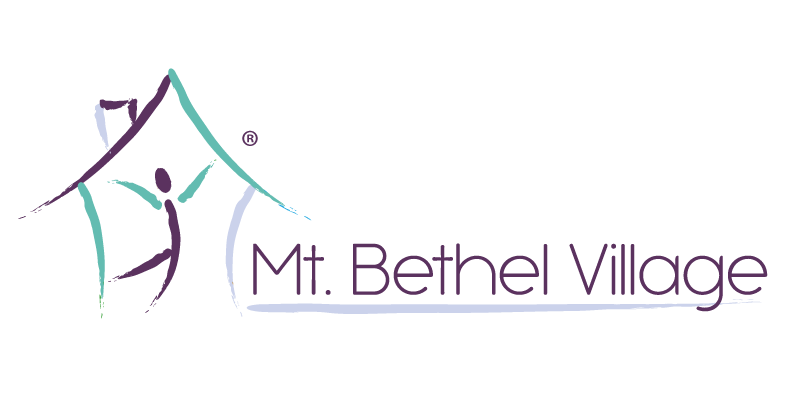If you, a family member, or relative has recently given birth to or adopted a child with a Down syndrome diagnosis, you may find yourself wondering what exactly Down syndrome is and what that diagnosis means for the immediate health and long-term health of that child. This primer will help you understand the basics of Down syndrome, and will hopefully help you understand that people with Down syndrome can live healthy, happy, and rewarding lives.
Down Syndrome is a Chromosomal Disorder
When a child faces challenges, many parents and family members try to find ways that the challenges could have been prevented. Down syndrome is a chromosomal disorder that is caused by extra chromosome 21 material, usually a third copy of the chromosome, though there can also be chromosome 21 material attached to other cells, or mosaicism, where some cells have an extra copy of chromosome 21 and some cells have the normal number.
While there are risk factors that make the development of Down syndrome more likely, such as maternal age, there is not a cause-and-effect relationship between those risk factors and Down syndrome. Insufficient folic acid in pregnancy may combine with underlying genetic predisposition to increase the chances that an embryo will have Down syndrome. However, many of these risk factors occur prior to conception or before a pregnancy is diagnosed, and are not linked to later prenatal care. There is no cure for Down syndrome.
Cognitive and Physical Challenges Linked to Down Syndrome
Most people are aware that Down syndrome is linked to intellectual disabilities, however these disabilities are rarely severe. Instead, they are considered moderate to mild. What this means is that children with Down syndrome are capable of the same developmental milestones as other children, but may reach them at later stages. Furthermore, the degree of intellectual disabilities varies wildly among people with Down syndrome, so that the best way to view it is that Down syndrome might impact the range of the abilities of a group of people, but should not be considered definitive of an individual’s ability.
More pressing are the potential physical problems that can accompany Down syndrome. Heart defects, intestinal defects, vision problems, hearing loss, a greater susceptibility to infections, thyroid problems, childhood leukemia, and a greater susceptibility to Alzheimer’s disease are all linked to Down syndrome. While many of these health risks can be treated or managed, it is critical that people with Down syndrome have routine medical monitoring to detect potential health issues at the earliest possible stage.
At Mt. Bethel Village, we are proud to offer communities for people with special needs including Down syndrome. If you have any questions that we could answer, contact us and we would be happy to answer those questions.
